 |
Andrej Karpathy, co-founder of OpenAI. Photo: Dwarkesh Patel . |
While many in the tech industry believe that artificial general intelligence (AGI) is on the verge of becoming a reality, Andrej Karpathy, a renowned scientist who served as Tesla’s chief AI officer and co-founder of OpenAI, has taken a different view. He believes that the road to AGI is still long and the world will need at least another decade to overcome the fundamental challenges.
“The problems are solvable, although they are difficult at the moment. I think it will take about ten years to overcome all the current limitations,” Karpathy said in a recent conversation.
Valuable lesson
According to Mr. Karpathy, the rapid development of large language models (LLM) in the past few years has led many to believe that the era of “AI agents,” systems with autonomous capabilities, has arrived. However, the former head of AI at Tesla disagrees with this view. He believes that 2025 is not “the year of the AI agent.”
He explains that tools like Claude and Codex show the potential to assist humans in many tasks, but they are still far from being considered “digital colleagues”.
“Right now, AI agents are not smart enough, they don’t use computers naturally, and they don’t have the ability to learn continuously. You can’t tell them something and expect them to remember it. They lack cognition, which is what prevents the models from really working,” Karpathy said.
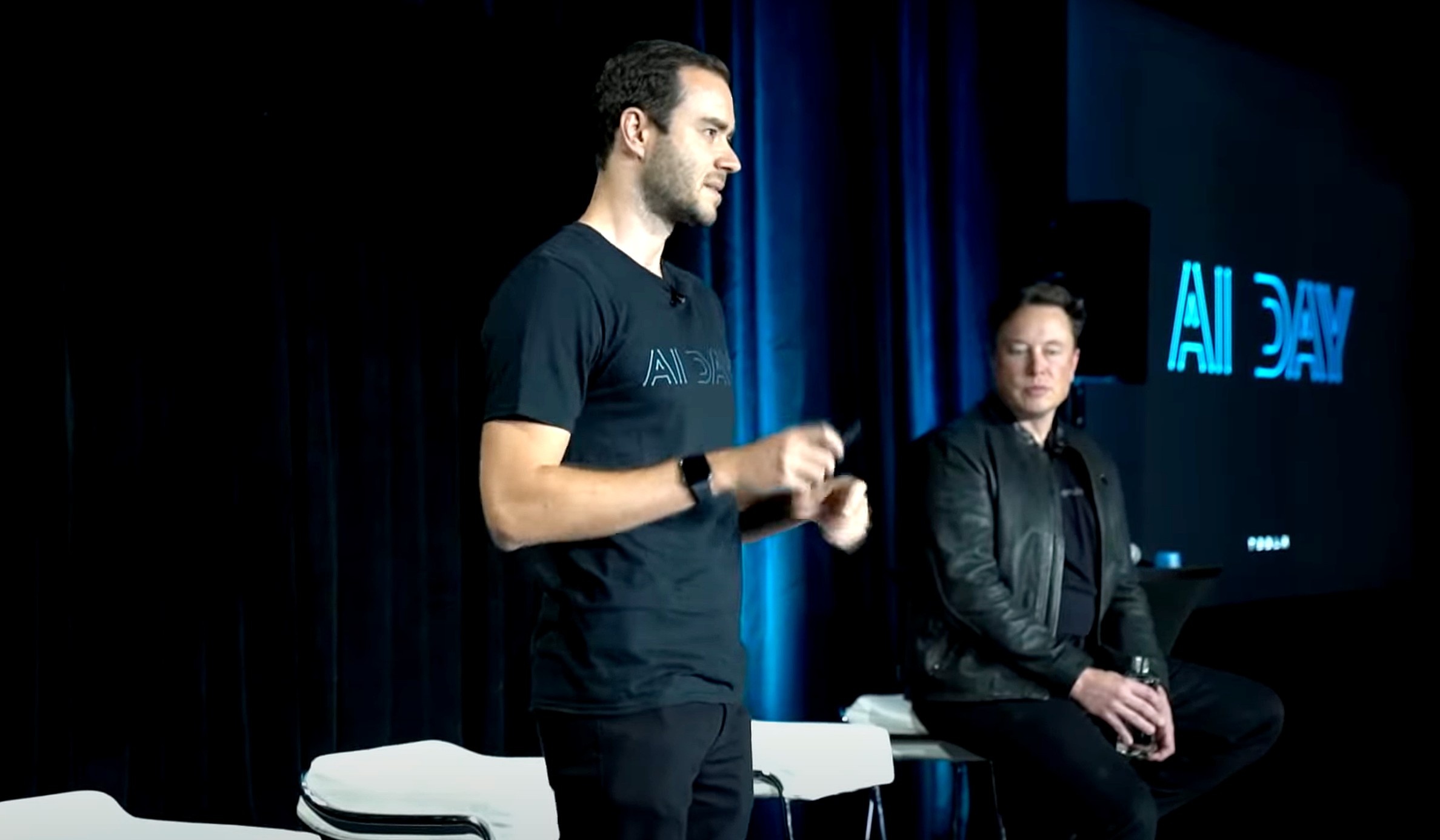 |
Karpathy served as Tesla's director of AI. Photo: Teslarati . |
In his 15-year career in AI, Karpathy says he has seen many turning points that have changed the entire industry. He studied and worked with Geoffrey Hinton, the father of neural networks, at the University of Toronto, when deep learning was still a relatively unknown field of study. The success of AlexNet in 2012 ushered in a new era for AI, making neural networks the foundation for many future applications.
After the wave of deep learning, the AI industry gradually shifted to building agents that could observe, act, and learn from their environment. One of the first experiments was deep reinforcement learning on an Atari game around 2013. Although considered groundbreaking at the time, he believes this direction was “a mistake of timing.”
“It’s understandable that people want to experiment in a game environment, where it’s easy to simulate and measure. But it doesn’t reflect the real world . If you just let AI type on a keyboard, click on a mouse and wait for a reward, it won’t learn anything significant,” he said.
Not the right time
While at OpenAI, Karpathy worked on Project Universe, an effort to create a mouse-and-keyboard-controlled agent that could perform real-world tasks. However, he admits that the project was “too early.”
“We don't have the power of neural networks yet and we don't have the large language modeling platform that we have today,” Karpathy said.
 |
Karpathy believes it will take a decade to develop AGI. Photo: Vidhya . |
The scientist added that to develop an agent that is truly intelligent, models need to have a solid foundation in language representation and cognition. Karpathy likened the process of pre-training on internet data to a form of “bad evolution.” However, this process helps AI accumulate a huge amount of knowledge and basic reasoning abilities.
However, he warns that relying too much on existing knowledge could make AI less creative. “Maybe we need to find a way to remove some of the knowledge and leave what we call the cognitive core, the part that represents the ability to think, solve problems and strategize,” Karpathy said.
Accordingly, AI is entering a transition phase. The combination of the power of language models and the ability of agents to act will open a new chapter for technology. However, that path, according to Karpathy, cannot be counted in just years.
Source: https://znews.vn/dong-sang-lap-openai-agi-van-con-cach-xa-mot-thap-ky-post1595617.html


![[Photo] General Secretary To Lam received the delegation attending the international conference on Vietnam studies](https://vphoto.vietnam.vn/thumb/1200x675/vietnam/resource/IMAGE/2025/10/26/1761456527874_a1-bnd-5260-7947-jpg.webp)

![[Photo] Nhan Dan Newspaper displays and solicits comments on the Draft Documents of the 14th National Party Congress](https://vphoto.vietnam.vn/thumb/1200x675/vietnam/resource/IMAGE/2025/10/26/1761470328996_ndo_br_bao-long-171-8916-jpg.webp)


![[Photo] Enjoy the Liuyang Fireworks Festival in Hunan, China](https://vphoto.vietnam.vn/thumb/1200x675/vietnam/resource/IMAGE/2025/10/26/1761463428882_ndo_br_02-1-my-1-jpg.webp)
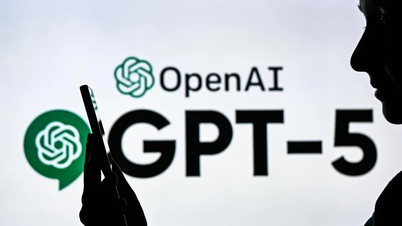


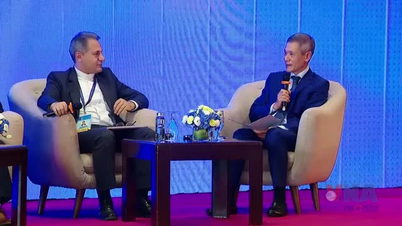
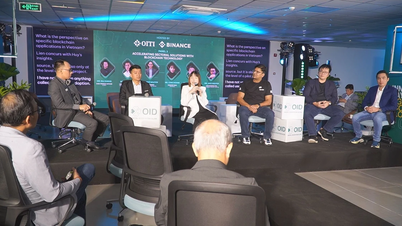
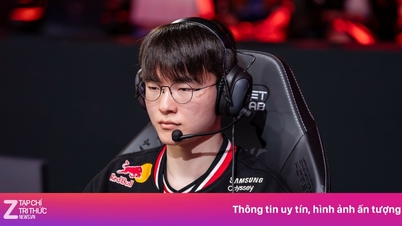
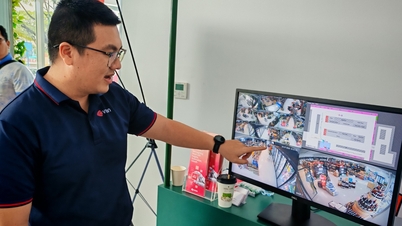











![[Photo] Prime Minister Pham Minh Chinh attends the opening of the 47th ASEAN Summit](https://vphoto.vietnam.vn/thumb/1200x675/vietnam/resource/IMAGE/2025/10/26/1761452925332_c2a-jpg.webp)









































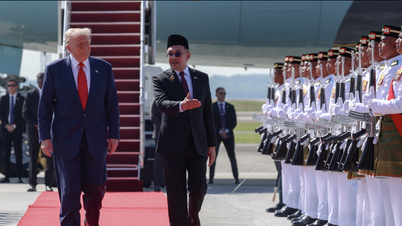

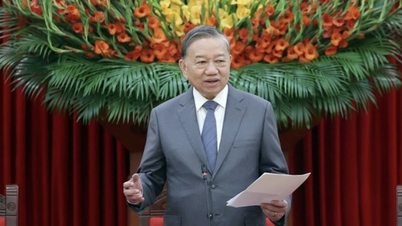

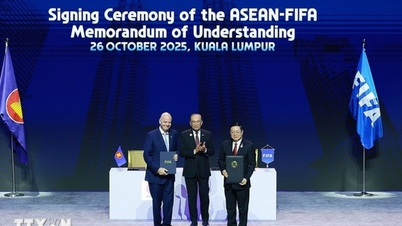

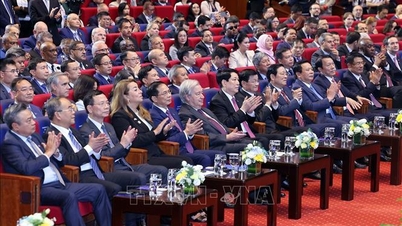



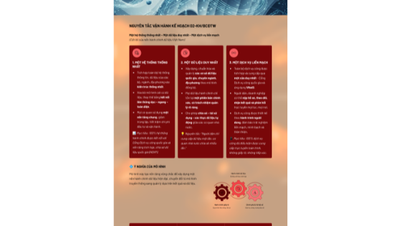

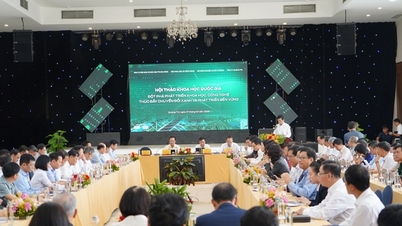



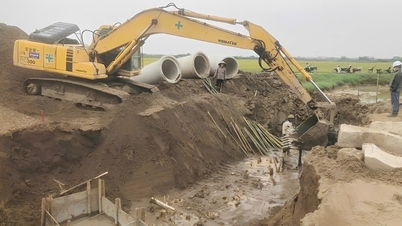



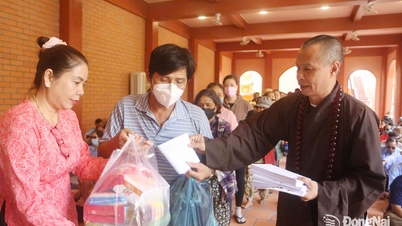


















Comment (0)